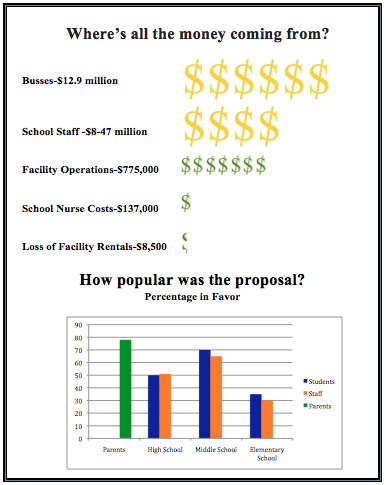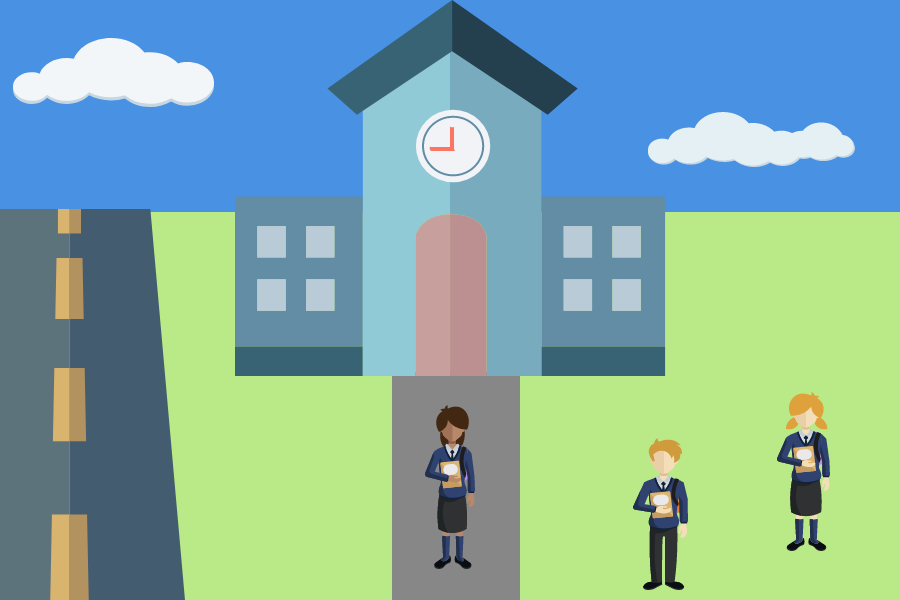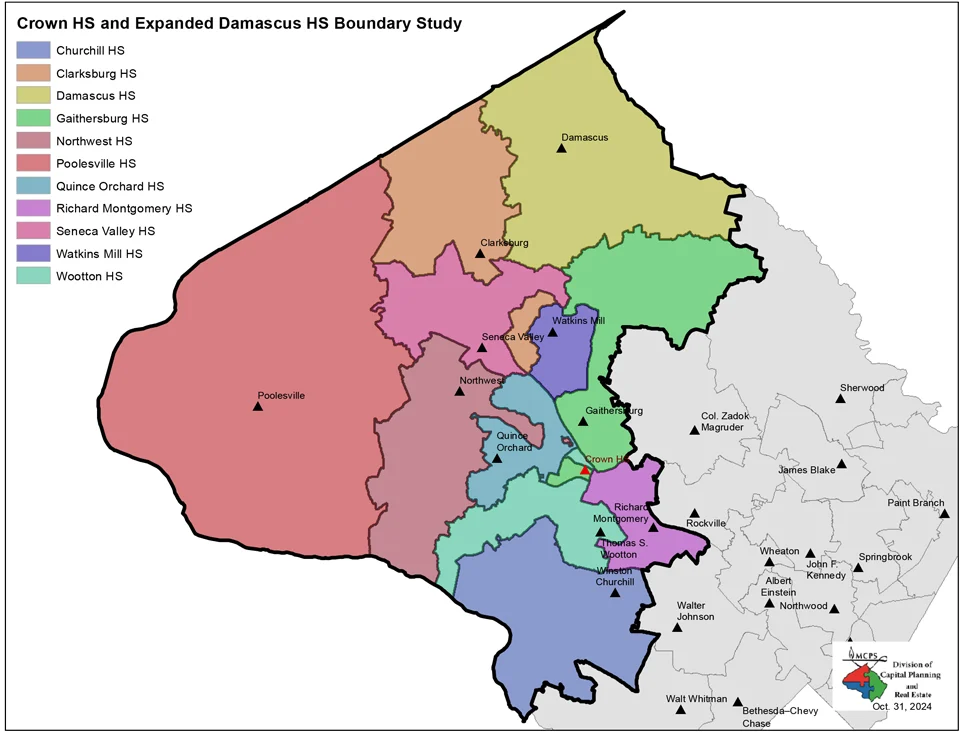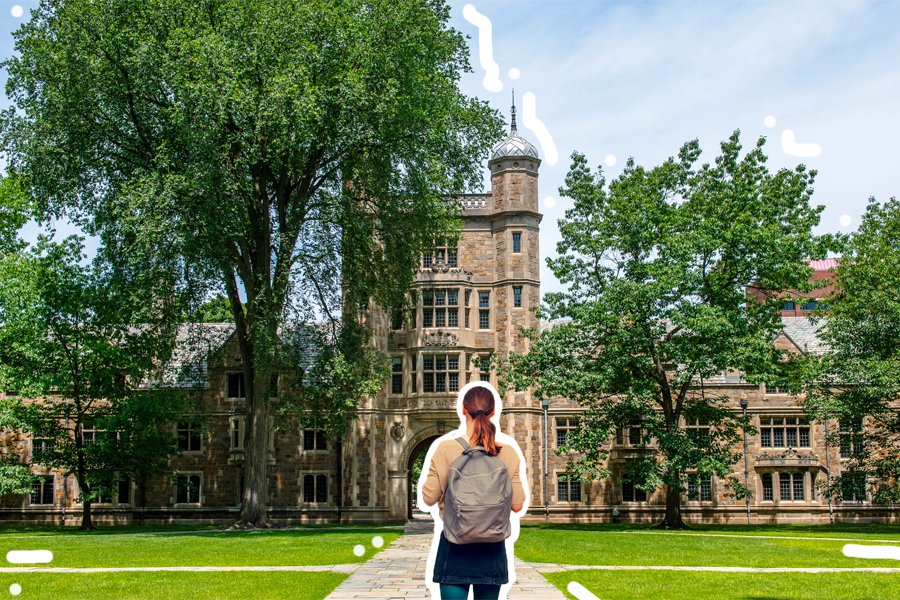Superintendent Joshua Starr renounced his prior support for later school start times in a press release Tuesday, effectively closing the door on the long-stalled proposal.

In his statement, Starr cited high operating costs and lackluster support among the community for his proposal and thus opted to not include the extra funding in his 2016 proposed budget.
“I recommended we study changing bell times because I believe it is an important issue that deserves our attention,” Starr said in the statement. “But after receiving the final cost estimates, along with mixed feedback from our community, I do not believe it is feasible or responsible to move forward with these changes at this time. However, we will continue to discuss and monitor this issue.”
The move comes as an abrupt about-face from Starr’s other public comments, when he previously voiced vigorous support for pushing back start times. In October, he came out in favor of the proposal and organized panels and committees to study a potential plan for implementation and gauge its popularity.
But recent developments have complicated the picture in his view. While a strong majority of parents favored pushing back school start times by 50 minutes, high school students and staffs were split fifty-fifty on the issue with heavy opposition from elementary school students and staff, most likely from the half-hour extension of their day.
“People are always opposed to change and unless there’s an extraordinary benefit, people don’t overwhelmingly tend to support change,” rising junior Sam Wenger said. “In that regard, I was not surprised at all.”
Likewise, the cost of implementing the new proposal was significantly higher than expected. Though the cost of delaying start times was initially thought to be around $12 million a year, new estimates peg the expenditures at over $21 million, to pay for more buses, employees and utility costs. The report found a need to bring over 150 new buses into circulation, two-thirds for special education.
Such a high price tag, combined with $50 million already allotted for expanding arts and music classes in elementary schools, caused Starr to reconsider his stance.
“Bell times are an important issue related to student success and well-being,” Starr said. “But [start times] have to be viewed in the context of other priorities and needs the school system must consider.”
A number of students were not in favor of the proposal to begin with and were happy to see its demise.
“Basically, I am skeptical on the impact a bit of extra time will have,” rising senior Jonathan Chen said. “I also think an extra half-hour for elementary school to compensate for later start times is ridiculous.”
Rising senior Kate Currie said she trusts Starr’s judgment and agrees that the schedule shouldn’t change.
“I think pushing back start times would only encourage students to stay up later the night before,” she said.
Starr’s change-of-heart came at the end of an arduous review process, featuring surveys of thousands of students and staff and exhaustive reviews of the cost. But, as this bureaucratic saga hit its climax, it ended as all such tales seem to end: dead, in a pool of red tape.









